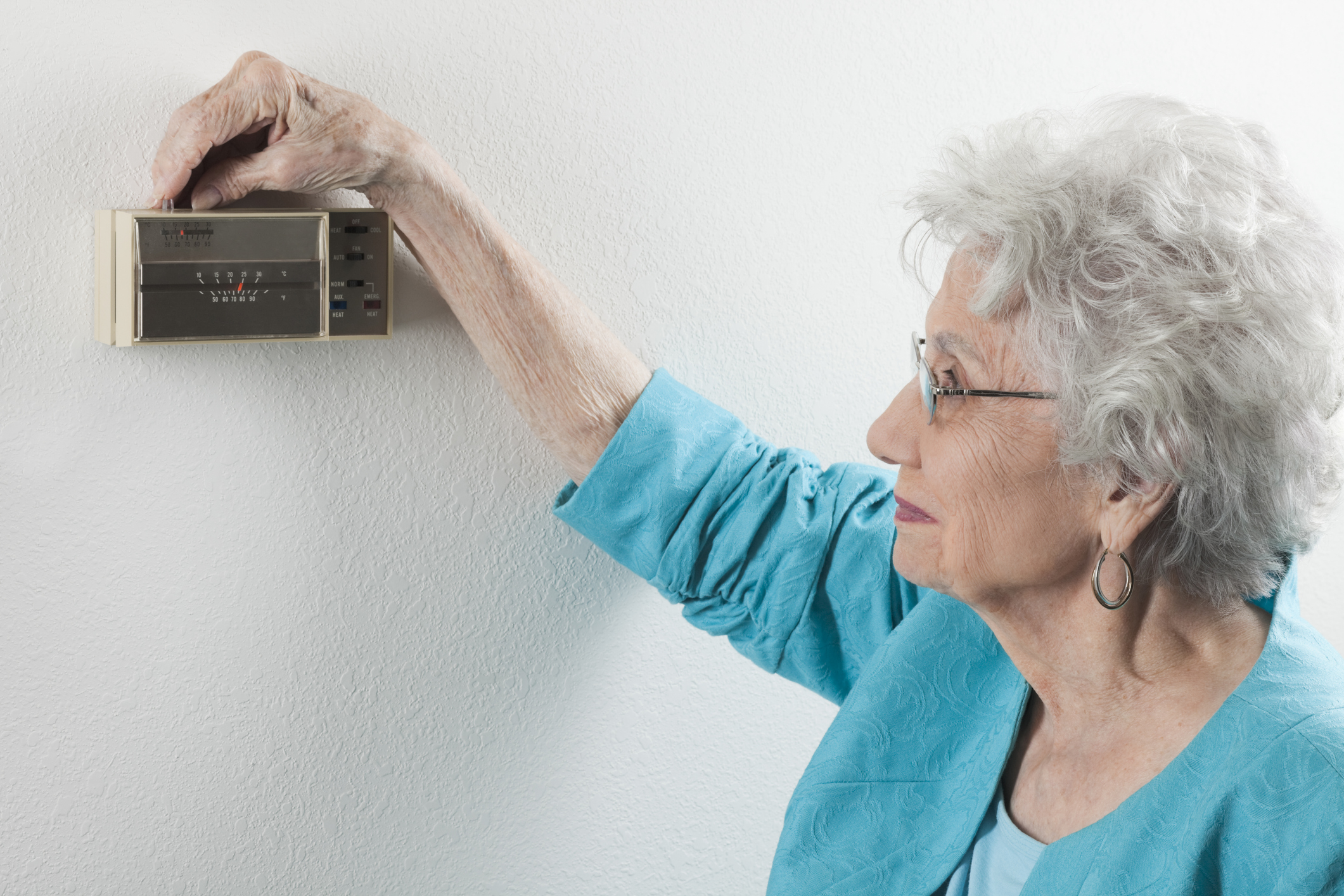
: It’s critical to know the signs of heat stroke in the elderly in order to keep them safe during the summer.
During the long, cold winter, we enthusiastically anticipated the heat of summer. What a relief to finally throw open the windows and allow the warm breezes to blow through the house! However, now that we are in the midst of the dog days of summer, it is necessary to take precautions and know the signs of heat stroke in the elderly, keeping them safe from heat-related complications.
Why Heat Impacts Seniors Differently
We know that children can spend hours playing outside in the summer, hardly breaking a sweat. Young adults are out gardening, mowing the lawn, even jogging in spite of the high temperatures. For older adults, however, there are physiological differences that dramatically raise the risk for dangerous health issues when the weather heats up. Poor circulation, inefficient sweat glands, chronic illnesses, medications, and more are common in aging, and can lead to:
- Heat stroke
- Heat edema
- Heat syncope
- Heat cramps
- Heat exhaustion
- And more
Signs to Watch for
Look out for these symptoms any time an older adult you love spends time in the heat:
- A body temperature over 104 degrees Fahrenheit (indicating heat stroke)
- Fainting
- Confusion, agitation, and other behavioral changes
- Staggering
- Delirium or coma
- Flushed, dry skin
- A rapid, strong pulse
- Lack of sweating
How to Help
As soon as you notice these symptoms, the individual needs immediate medical attention. Call 911 and have the senior lie down in a cooler environment. Place a cool, damp cloth on the older adult’s wrists, neck, armpits, and groin. If at all possible, have the senior sip on juice or water, but nothing with alcohol or caffeine. A spray bottle full of cold water can also be used to mist your loved one.
The best course of action, however, is prevention. Following these suggestions can help older adults safely enjoy the summer season:
- Stay in an air-conditioned environment as much as possible, especially throughout the hottest parts of the day. Outdoor activities should be scheduled for the early morning or evening.
- Make sure the senior stays hydrated. Plain water in addition to carbohydrate-electrolyte beverages (like Gatorade) are best.
- When outdoors, look for shaded locations, avoiding over-exertion.
- Choose light-colored clothing in breathable materials, such as cotton or linen, along with a wide-brimmed hat.
- Always wear sunscreen.
Live Free Home Health Care is here to make the summer season enjoyable and safe for older adults. We can:
- Make sure seniors are drinking an abundance of fluids
- Take care of meal preparation, housework, and other chores around the home
- Provide transportation to enjoyable, air-conditioned excursions such as museums, the mall, or the library
- Engage in fun activities at home, such as arts and crafts and favorite hobbies and interests
- And many others
Contact us at 603-217-0149 for a free in-home assessment for additional details on our award-winning home and respite care in Belmont and the surrounding communities.
